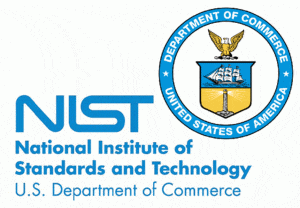 Neutron Spin Echo Spectrometer for the Nation
Neutron Spin Echo Spectrometer for the Nation
September 30, 2024
NSF Midscale Research Instrumentation -1 Program #1935956 “A world-class Neutron Spin Echo Spectrometer for the Nation: UD-NIST -UMD Consortium” at the 5 year mark (on time and on budget), with the instrument at the NIST Center for Neutron Research and many (but not all) of the scientists, engineers, technicians and students who worked on this project over the past 5 years. We look forward to warm commissioning in 2025 and users on the instrument as the NIST research reactor restarts operation.


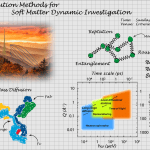 High-resolution Methods for Soft Matter Dynamic Investigation
High-resolution Methods for Soft Matter Dynamic Investigation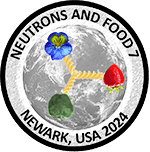 June 10-14, 2024
June 10-14, 2024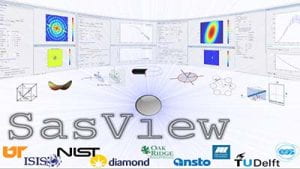 January 16-22, 2024
January 16-22, 2024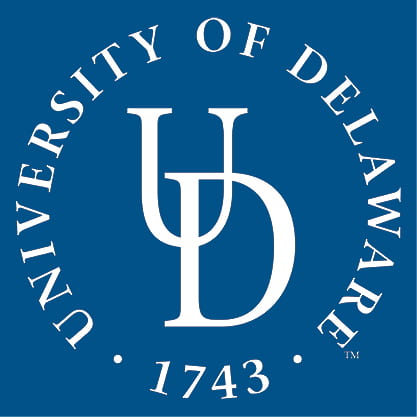 Fundamentals of Neutron Spin Echo (NSE) Spectroscopy for Biology and Soft Matter Workshop 2023
Fundamentals of Neutron Spin Echo (NSE) Spectroscopy for Biology and Soft Matter Workshop 2023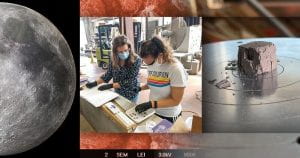

 Congratulations to
Congratulations to 